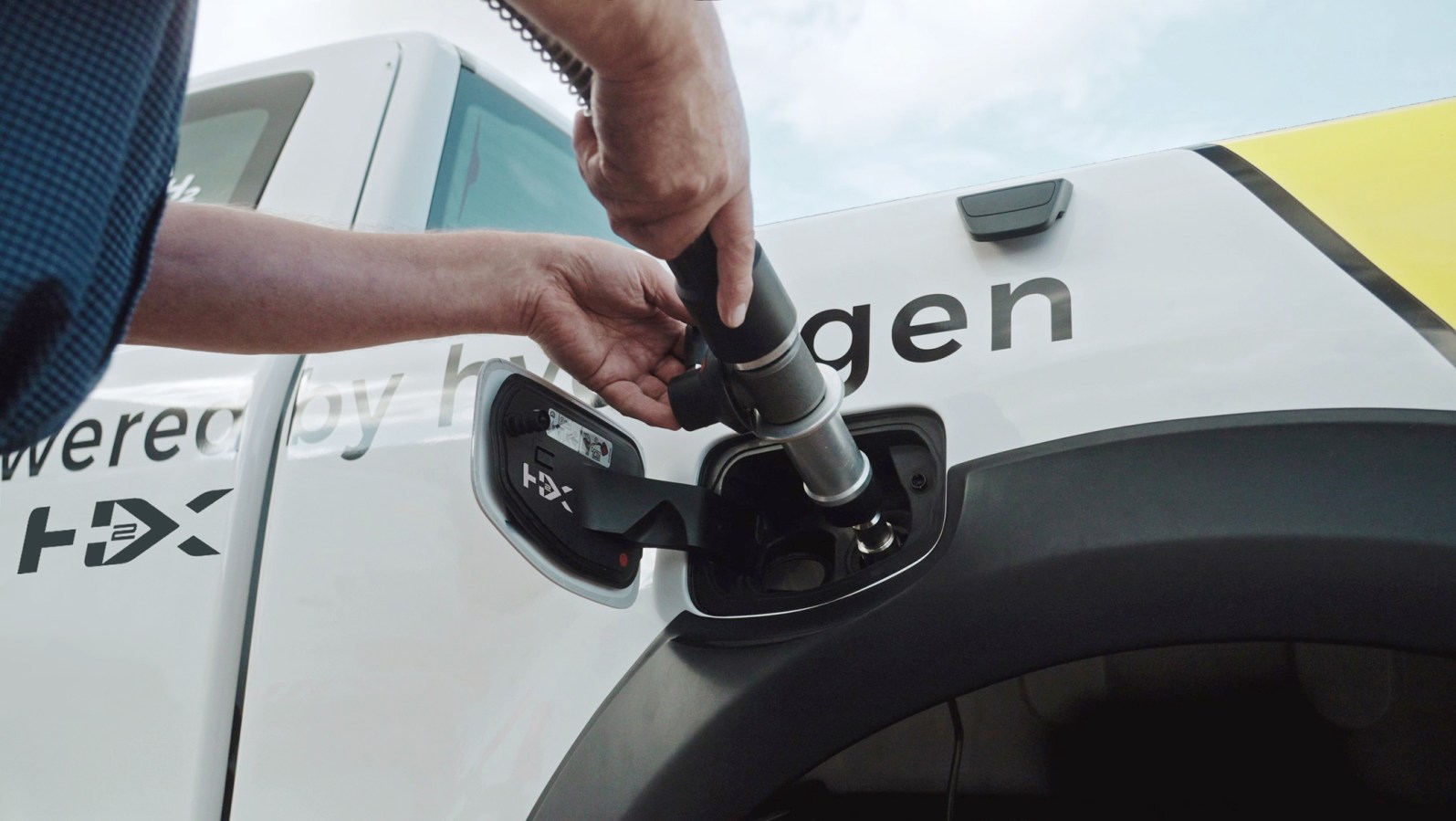A Canberra-based biotech has teamed up with a Chinese fermenter produce its vegan “animal-fat” analogue product in Wuhan, just as last week’s US elections herald an administration hostile to both China and fake meat.
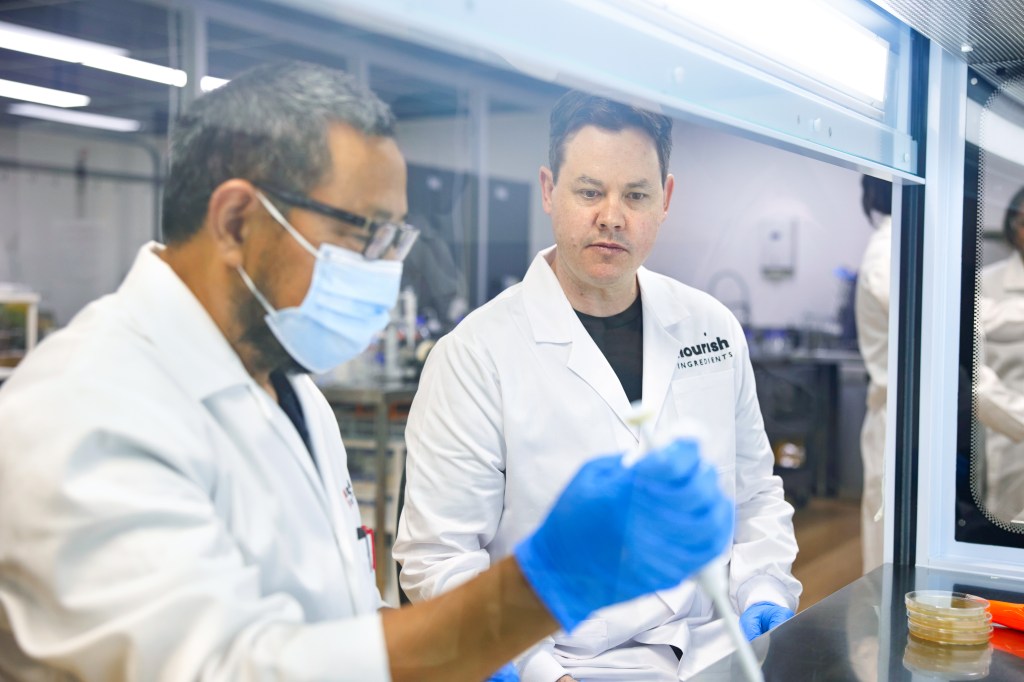
Canberra-based food company Nourish Ingredients which spun out of the work of two CSIRO scientists was solving two problems when it teamed up with leading Chinese precision fermenter CABIO Biotech in a deal announced Tuesday: how to produce its precision-fermented “animal-fat” product Tastilux at scale; and how to navigate approvals to get into the potentially enormous Chinese market.
But it has also made its job of cracking the potentially enormous US market a little harder.
CABIO already makes a fat product for baby formula using the same microorganism that Nourish uses to produce Tastilux, says Nourish CEO and founder James Petrie.
Nourish’s business model is business-to-business, selling their fat product to add flavour to other companies’ food products. “As a start-up company, we all run into this challenge of having a product that people want to buy, but we don’t have the infrastructure to produce it at scale,” says Petrie.
“We have to make that decision: do you ask for investment to build your own infrastructure, which can ultimately be cheap, but it takes a long time, is risky and is costly, or do you look to partner with people? We chose the latter.”

Tastilux, which is not yet approved for sale, is based on a fungal strain that usually lives in the soil. CABIO already uses the same fungus to produce fats for infant formula sold in the US and China.
“Most of their customers are in the West, and they’re one of the world’s largest producers of this type of fungus or this oil. They’re really keen to extend their reach further downstream and into specialty products, into the synthetic biology space, into high-tech, deep-tech foods. And we can certainly help in that regard because there’s a lot of overlap.”
“There’s a real win-win we’re creating here by accessing their fermentation capacity to build our first product for market.”
Petrie expects they’ll be selling Tastilux by early 2025. “We’re most of the way through the approval process in some of our key jurisdictions. America is where we’re putting a lot of effort. Then Singapore, Australia, New Zealand and South-East Asia will follow pretty quickly after that. Europe will take longer. Regulatory often takes longer in Europe.”
While the Chinese market has enormous potential, breaking into it is a great unknown, says Petrie. “Every Western company that we’ve seen in our space that tries to enter China has a really tough time. It’s very difficult to operate there.”
So finding a local partner is crucial, Petrie says. “CABIO will be taking the lead on pushing that into China, with our assistance, in making sure that the tech is tuned for local companies.”
Nourish already has a pilot plant in Singapore where another Australian meat analogue company, Vow, has recently launched. Petrie expects that Nourish’s second product, a dairy fat analogue, will likely launch there first.
Some industry projections estimate the Chinese alternative protein market could be worth up to $4 billion by 2028, Petrie says. Nourish’s niche is to provide the animal fat flavours that make animal products so distinctive.
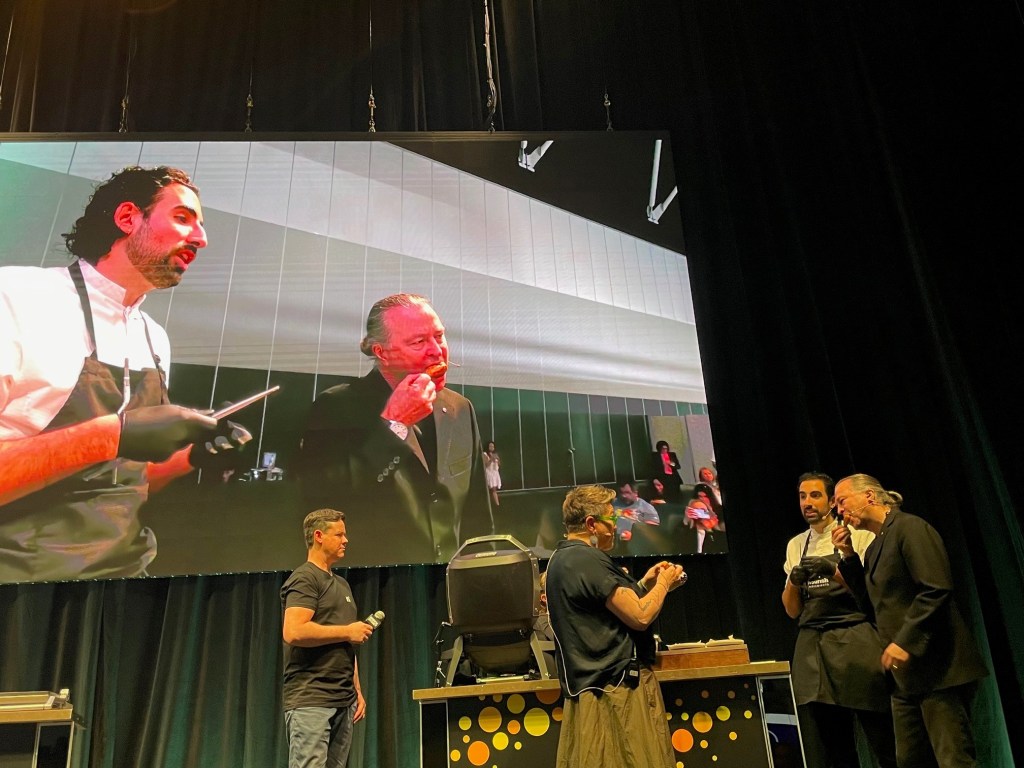
“China is a market where you have to have the quality right because eating meat is a really important part of the meal line up there and you have to do it right.”
CABIO is based in Wuhan province. Nourish chief technical officer Anna El Tachy says they weren’t allowed to take pictures of the operation but there are long lines of 200,000 litre fermenters. “It’s at the specs of infant formula. So the high specs that you would expect for vulnerable people. I don’t recall the square metreage but it’s massive. And they’re currently expanding it by another six lines.”
But the recent US election has added some sovereign risk to the Nourish equation. US president-elect Donald Trump has promised 60% tariffs on Chinese imports. Republicans have talked about banning cell-grown meat in three states, and the Trump administration is likely to be hostile to further approvals.
But Petrie says he didn’t have a strong favourite candidate in the US election.
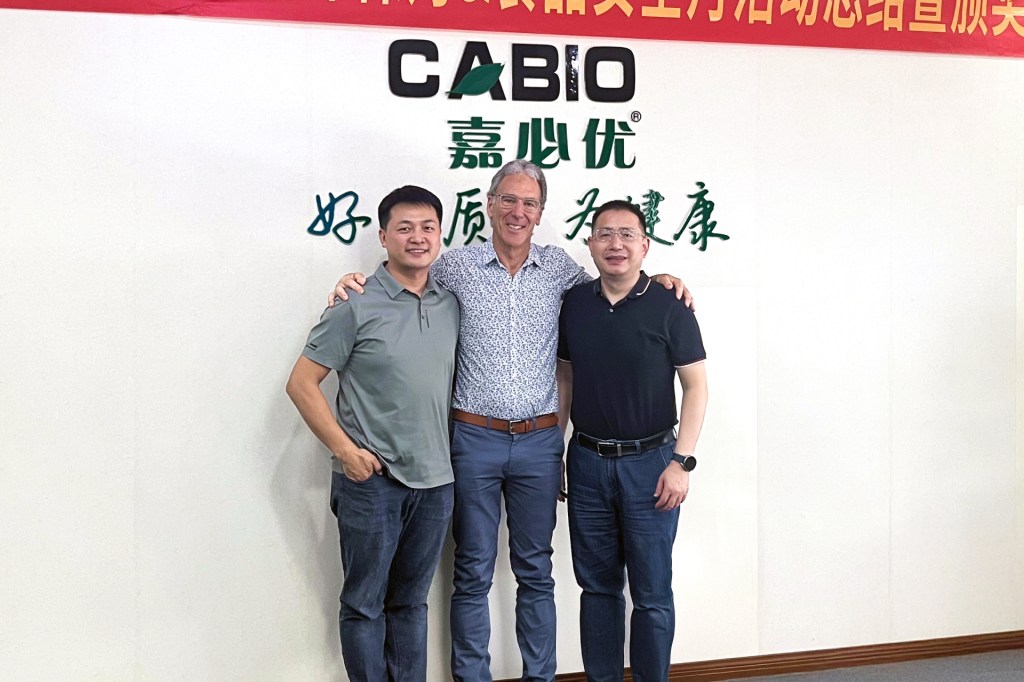
“It certainly is an interesting development for a lot of companies, not least of all in the precision fermentation space. I think potentially it’s going to be difficult times for cultivated cell companies – like cultivated meat companies who grow the cells in the lab.
“They might have some headwinds now. But for us, the angle of China production is something that we are really glad to lock in, regardless of what happens with American applications. We know that we require large volumes of this material to be grown. We are also talking with American-based companies who are in a position to do large-scale fermentation for several of our product lines. I don’t think it’s going to be a limitation for us.
“It’s certainly something that you do have to watch. There’s going to be an awful lot of companies who are paying very careful attention over the coming weeks to what the message is coming out of the White House.”
Founded in 2019, Nourish Ingredients raised $14.5 million in seed funding, then $45 million through a Series A round in 2022. It is in the process of raising another round of capital to fund its switch to production.
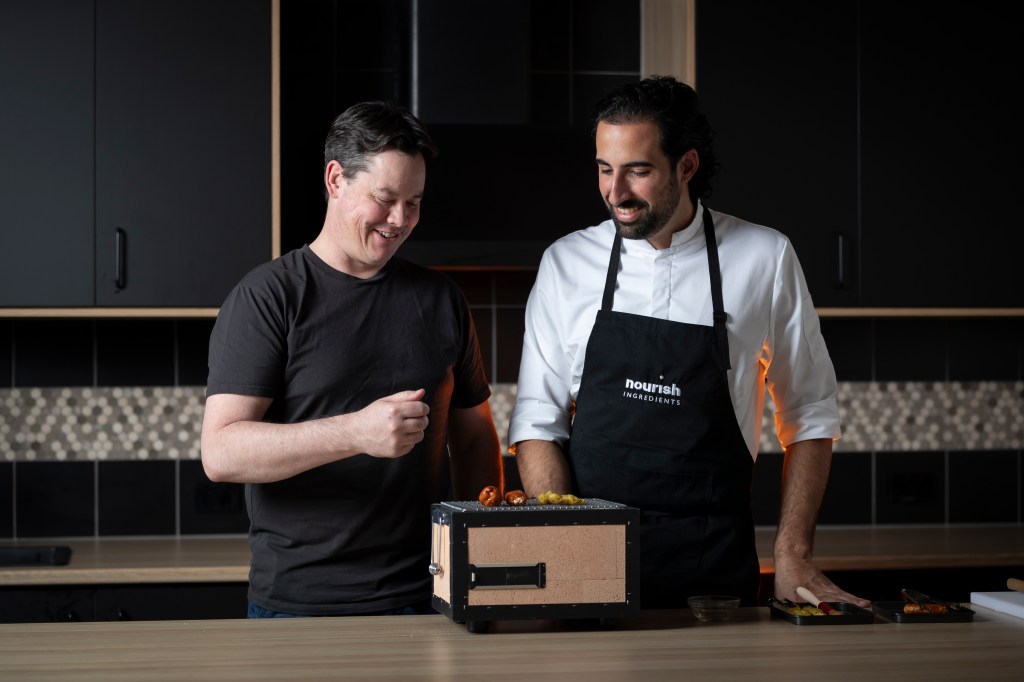
Petrie says they are aiming to raise “in the double digit millions”.
“That is to support the production of our first commercial volumes. We’re in the process of making this transition from an R&D tech development company across to a commercial production sales company, it sounds like it should be a trivial process, but it’s actually bloody difficult. So we’re raising to do that.”

